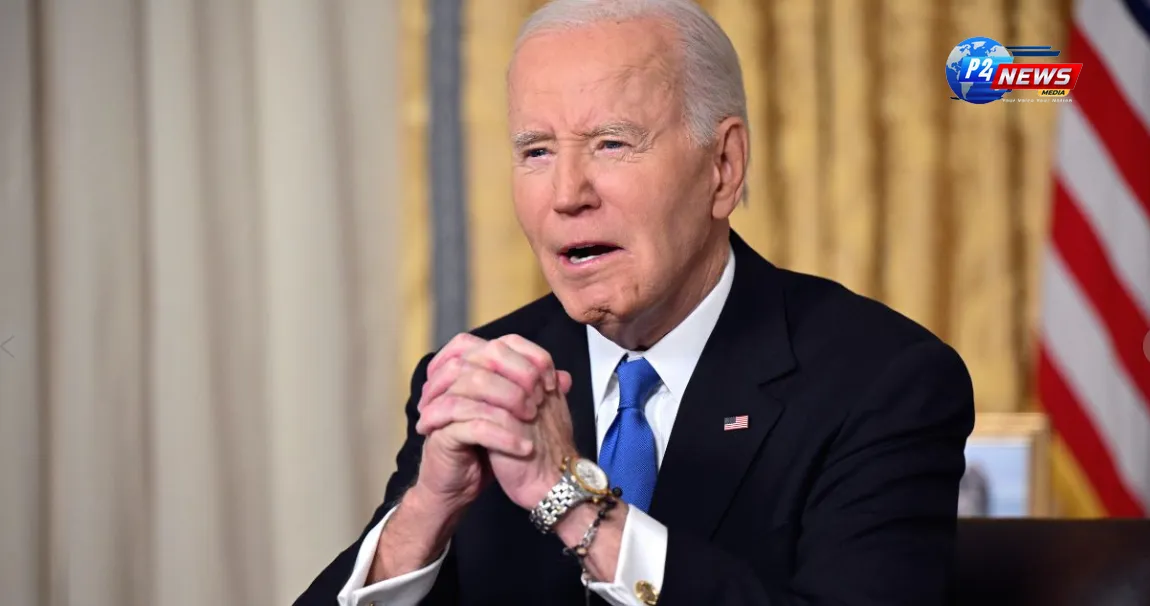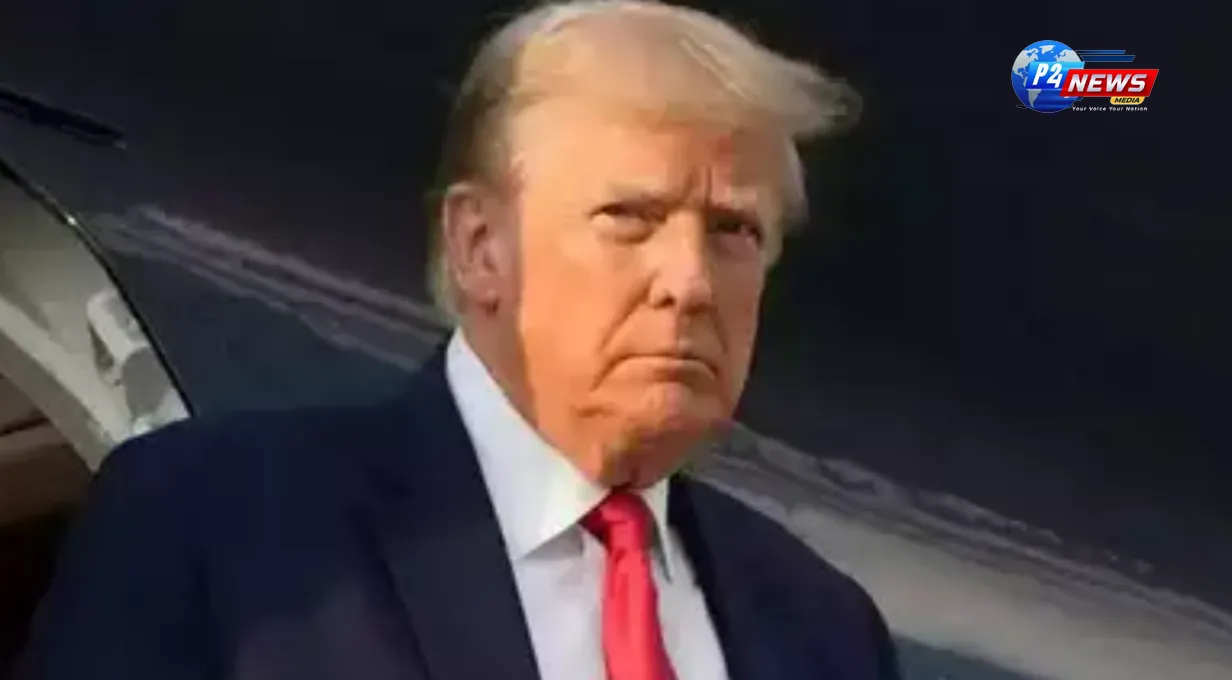In his recent Oval Office address, he outlined key aspects of his domestic and foreign policies, aiming to strengthen his legacy through impactful reforms and international partnerships. This speech is part of a broader effort to communicate his administration's vision.
In a poignant farewell address delivered from the Oval Office, President Joe Biden expressed grave concerns regarding the emergence of an “oligarchy” comprised of an extremely wealthy elite in America, which he believes poses a significant threat to democracy and the fundamental rights of citizens. As he readied to transition power to President-elect Donald Trump, Biden took this final opportunity to shine a light on the growing inequities in wealth and influence that have come to dominate the landscape of American politics.
Biden's words resonated with urgency as he articulated the dangers of concentrated power among a select few who possess substantial financial resources. “An oligarchy is forming in America, a reality that endangers the very fabric of our democracy, our essential freedoms, and the pursuit of opportunity for all,” Biden articulated, emphasizing the potential repercussions if such concentrations of power are permitted to continue unchecked. His remarks underscored a need for vigilance among citizens regarding their rights and the institutions that uphold them during this tumultuous period marked by swift technological and economic transformations.
During his 15-minute address, Biden not only provided a model for a seamless transfer of power but also subtly raised alarms about his successor without mentioning Trump directly. This moment marked a significant chapter in Biden's long tenure in public service, which has spanned over five decades. As he contemplates his legacy, he confronts the complex environment that Trump represents, a figure he has continuously labeled a menace to the nation's democratic principles. Biden’s warnings served as a reminder to Americans to safeguard their freedoms, particularly as they navigate the challenges posed by rapid change.
In the backdrop of Biden's concerns, major players from both the tech and financial sectors have aligned themselves with Trump, particularly following his election victory. Wealthy figures like Elon Musk, who reportedly invested substantial sums in supporting Trump’s campaign, along with notable executives such as Mark Zuckerberg and Jeff Bezos, have made efforts to cozy up to the incoming administration, aiming to influence policy directions that could impact the broader economic landscape.
Despite facing a myriad of challenges, including inflation and geopolitical tensions, Biden utilized his final address to reflect on legislative victories while simultaneously acknowledging the perception of hardships experienced by many Americans. Earlier that day, he had celebrated a ceasefire agreement between Israel and Hamas, underscoring a significant diplomatic achievement amidst ongoing international conflicts. “The effects of our collective efforts will unfold over time, planting seeds that will flourish in the years to come,” he expressed, albeit recognizing that many citizens felt a delayed impact from the extensive domestic initiatives and expenditures initiated during his presidency.
In a pointed critique of social media platforms, Biden highlighted the retreat from rigorous fact-checking as a contributing factor to his declining approval ratings. He lamented the challenges of conveying his message in a fragmented media environment increasingly susceptible to misinformation, which has complicated his administration's efforts to reach voters effectively.
Amid these reflections, Biden proposed several reforms aimed at addressing the disparities and systemic issues he identified: revising the tax structure to ensure that billionaires are contributing their fair share, curbing undisclosed financing in political campaigns, instituting 18-year term limits for Supreme Court justices, and prohibiting Congressional members from engaging in stock trading. These proposals emerge during a time when Biden’s political capital is at a low ebb, presenting a stark contrast to the administration’s legislative pursuits over the past four years.
Statistics reveal a striking reality, with the wealthiest 0.1% of Americans holding more than five times the combined wealth of the bottom 50%. This alarming disparity paints a picture of an economy that disproportionately favors a select few, further fueling the president's urgency to address these issues head-on as he prepares to step away from the political limelight.
Biden's exit from the presidency was not marked by the aspirations he once held. Though he initially sought reelection, concerns surrounding his age as he approached 86 years during a potential second term, coupled with pressure from within his own party, ultimately guided him to withdraw from the race, allowing Vice President Kamala Harris to ascend as the Democratic nominee.
As Biden's presidency drew to a close, his farewell speech encapsulated not only the culmination of his term but also the extensive journey he embarked upon in public service, beginning as the youngest senator at just 30 years old. His path included two presidential campaigns prior to becoming Vice President under Barack Obama, who he served with distinction before making a comeback in 2020 against Trump.
In a bid to reinforce democratic principles, Biden advocated for a constitutional amendment aimed at removing immunity for sitting presidents, particularly following a Supreme Court ruling that afforded Trump significant protections regarding his attempts to challenge the 2020 election results. Speaking from the Resolute Desk, with family members present for support, Biden’s message resonated deeply with both his immediate circle and the nation as he concluded his time in office, with a call for unity and vigilance in protecting the democratic ideals that have come to define the republic.
















Comments 0